Rebuilding the Olympics After War
by Philip Barker
This week 80 years ago, the second world war came to an end after the surrender of Japan was announced.
Although many of the formal instruments were not signed until September 1945, the revival of international sporting competition was seen as an important part of the return to normality.
It had been almost a decade since the last Olympic Games and the war years had been a time of uncertainty. A few days before the 1936 Berlin Olympics began, the 1940 Games had been awarded to Tokyo.
When the Japanese government renewed its war with China, it rapidly became clear that Games in Tokyo would prove impossible. They were then re-assigned to Helsinki. These were also cancelled in early 1940 as Soviet forces invaded Finland. London was to have staged the 1944 Olympics but again they never took place. The respective Winter Games in the German resort of Garmisch Partenkirchen and Italy’s Cortina D’Ampezzo were also shelved. There had been limited international competition staged in Europe during the war years. What did take place was held mostly in the nations of the axis.
The Nazis had occupied much of Europe including Belgium, the home country of International Olympic Committee (IOC) President Comte Henri Baillet Latour. He died in January 1942 His funeral was attended by Nazi officials in Brussels and Hitler even sent a wreath.
IOC Vice President Sigfrid Edstrom took over the de facto leadership of the Olympic Movement at the age of 71.
Edstrom was from neutral Sweden. He did his best in difficult circumstances to keep the lines of communication open. He sent a series of circular letters to members but as international travel was very difficult, even he was unable to travel to Lausanne for the celebratory events in 1944 to mark 50 years since the foundation of the IOC and its historic resolution to revive the Olympic Games for the Modern era.
Yet even before the end of the war, overtures were made about the resumption of the Games.
Once the fighting was officially over, the IOC decided that the 1948 Games “should be celebrated.”
The Executive Committee (known today as the Executive Board) met in London only a week after the Japanese surrender.
Edstrom and American Avery Brundage were welcomed to London by Lord Aberdare.
Count Alberto Bonacossa of Italy and the Marquis de Polignac were both marked as “excused.”
Edstrom opened the meeting with a tribute to Baillet Latour.
“The Committee arose in silence to reverence (sic) the memory of the deceased president,” the minutes recorded.
Edstrom had “found it necessary to have a second Vice President elected. “A postal ballot had confirmed Brundage in the post.
The immediate worry of finding a host for the 1948 Games was considered.
The time for “preparations being very short and travelling facilities at present very difficult,” it was decided that there would be a postal vote to choose the host city.
There had been applications from Baltimore, Lausanne, London, Los Angeles, Minneapolis, and Philadelphia. In addition, Helsinki, Athens, Detroit and Stockholm had made “informal applications.” Lake Placid and St. Moritz had both offered to stage the Winter Games.
The three IOC members visited Wembley Stadium which had largely avoided war damage.
They reminded the wider membership that, before the war, London had been chosen as host city for the 1944 Games which had not taken place.
“This city has two stadiums suitable for the Games, superb swimming pools, three boxing and wrestling halls, riding arenas, and other sports facilities. The athletes will be able to stay in some of the many barracks currently serving as quarters for American soldiers. All these establishments, as well as the barracks, will, of course, have to be repaired and improved in every way, but there is still plenty of time for that.”
They predicted that in the summer of 1948, London’s hotels would be “relatively empty.”
A voting slip was attached to the papers sent by Edstrom to each member.
“I would be grateful if you could let me know your decision with the briefest delay possible,” Edstrom signed off his message.
Members were encouraged to vote by telegram and to endorse London and St Moritz as host cities for 1948.
There was also a call for National Olympic Committees to “resume their activities, stimulate public interest in the Olympic Movement, stress the principles of true amateurism.”
Many sportsmen and some officials had died in the course of the war including 17 members of the IOC.
The committee set about a recruitment drive.
The minutes emphasised “the importance of the Olympic Movement, stressing the high ideals of amateur sport.”
In the aftermath of the war, it was not easy to travel so it was decided that the first full meeting of the IOC since 1939 should take place in Lausanne at some time in1946.
At this session, Edstrom was formally confirmed as IOC President.
Around 13 IOC new members were also co-opted.
One of these was Albert Mayer, a Swiss jeweller who was President of the International Bobsleigh Federation. His brother Otto was appointed IOC Chancellor, a role similar to that held by the IOC Director today.
He was to be paid 500 CHF per month. He was to be supported by Lydia Zanchi, who had started working for the IOC as a secretary in 1929. Zanchi was to receive 200 CHF per month.
The first meetings of the Organising Committees for 1948 were already taking place.
It was, however, noted that the Olympic Handover Flag had gone missing. In those days it had been placed in the custody of the Berlin city authorities after the 1936 Games. Efforts were to be made to locate it or if not to arrange for a replacement to be made.
Germany and Japan were both excluded from the 1948 Games. Nor did the Soviet Union attend.
There was still much to do to bring the Olympic World back together.
In addition to our website, you can also find information on Olympic history, personalities and stories on our social media platforms facebook, twitter and instagram @ISOHOlympic and Via Linked at LinkedIn: isoh.org/linkedin

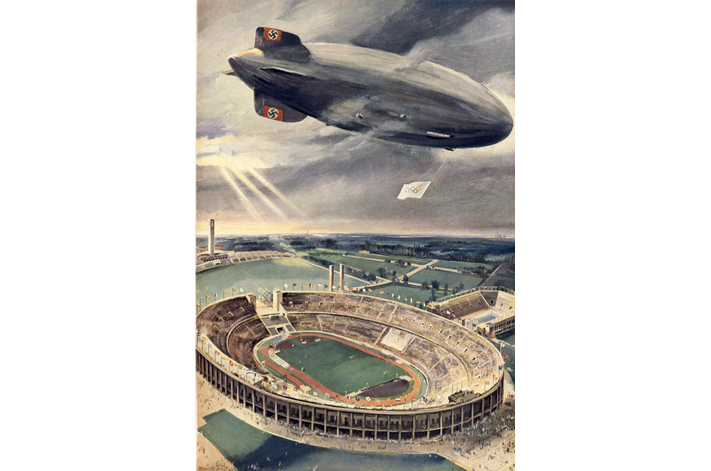
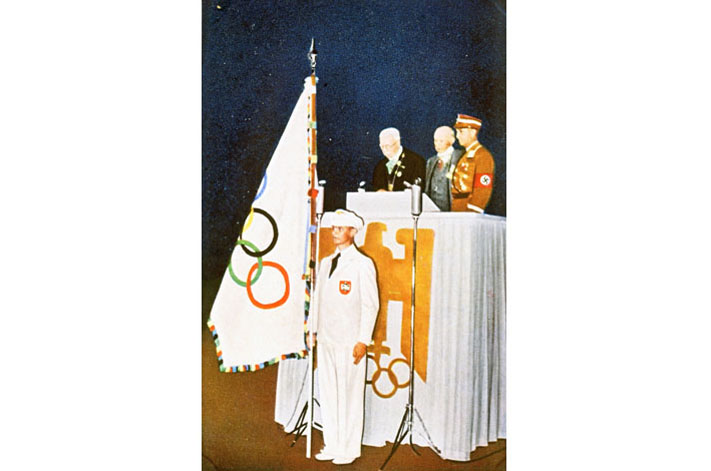
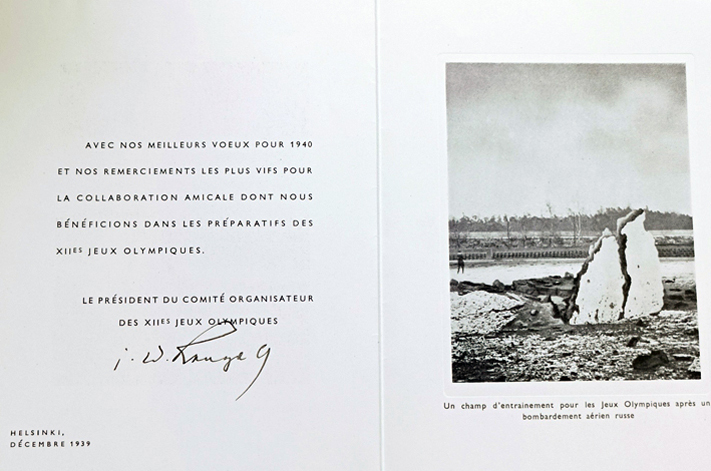
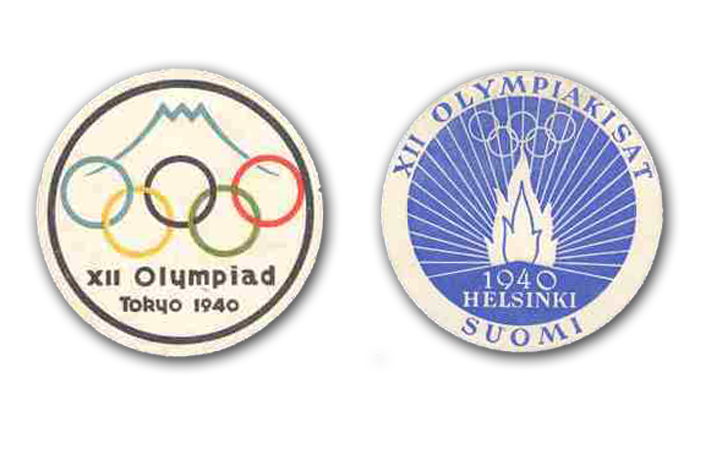
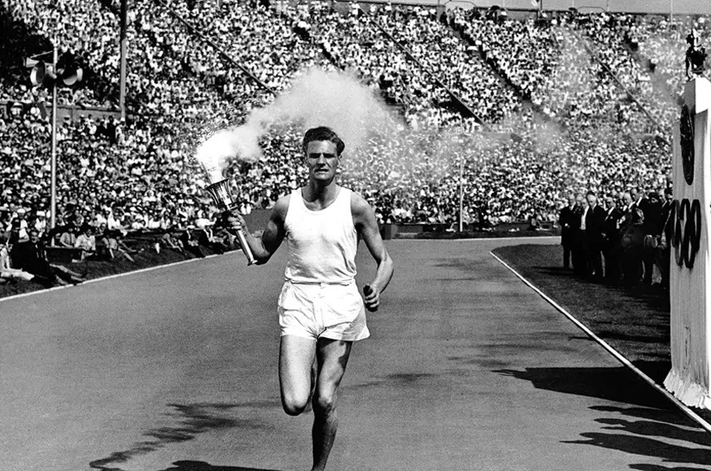
There are no comments published yet.